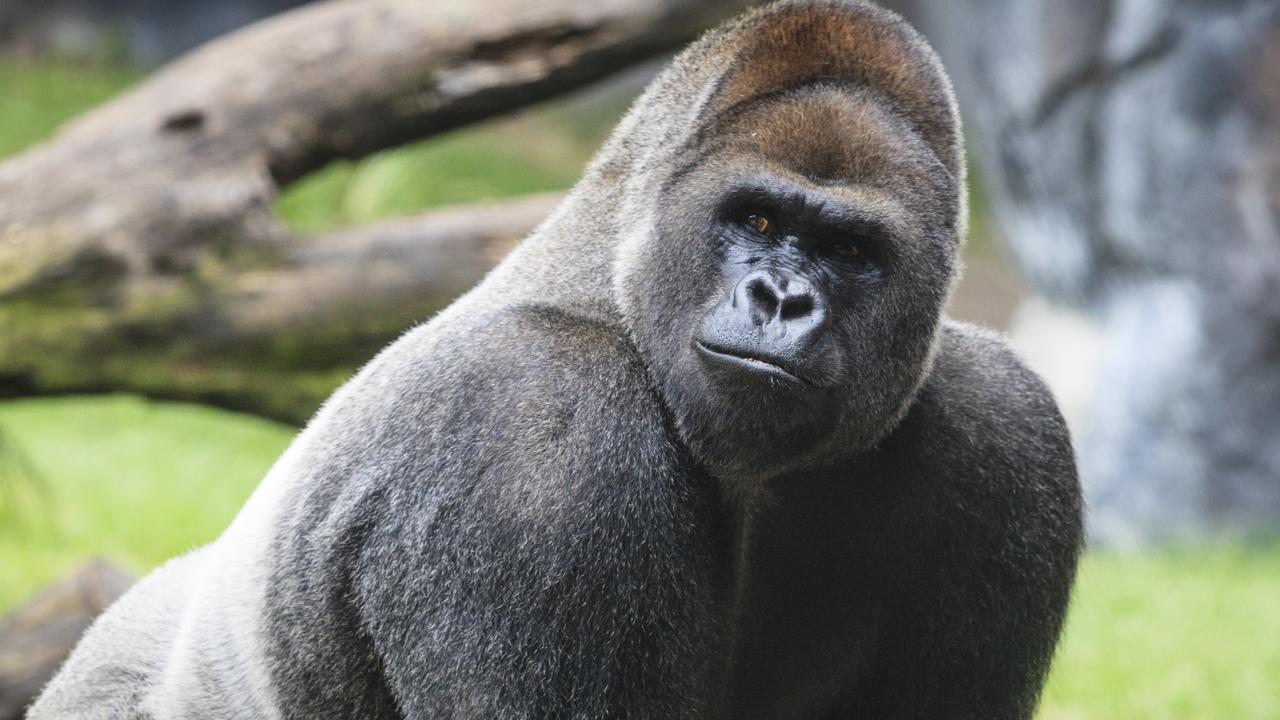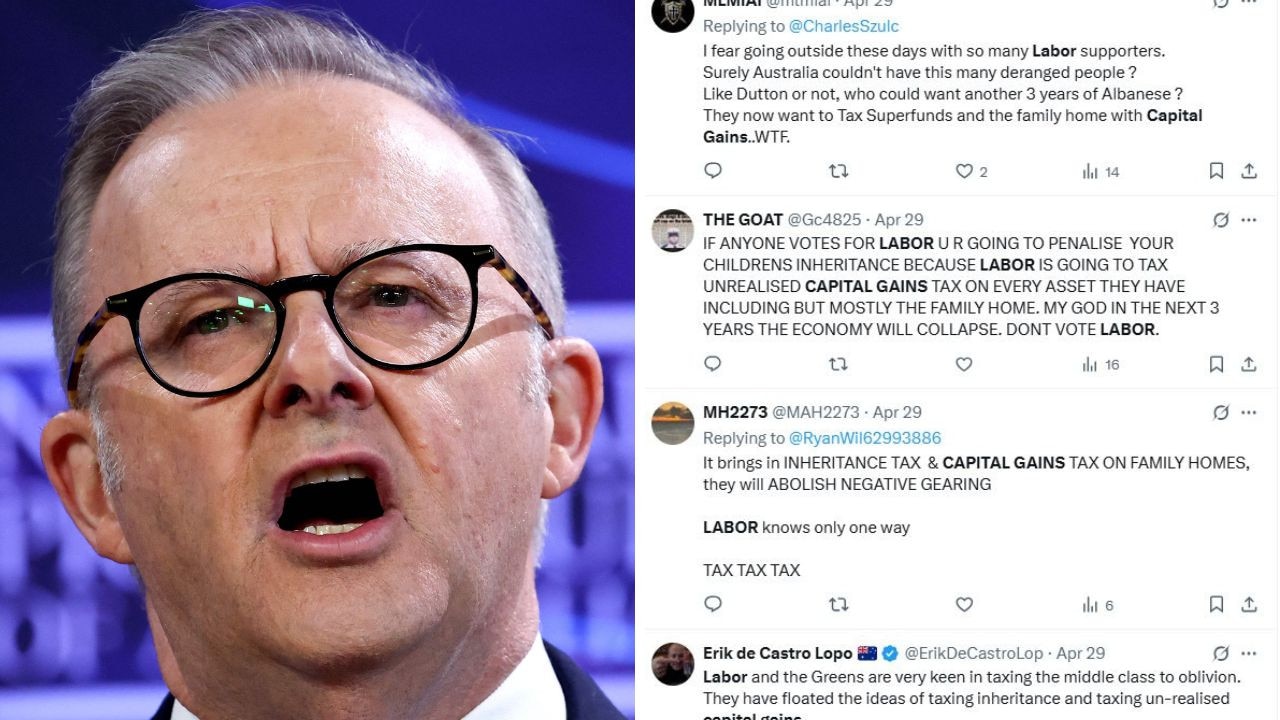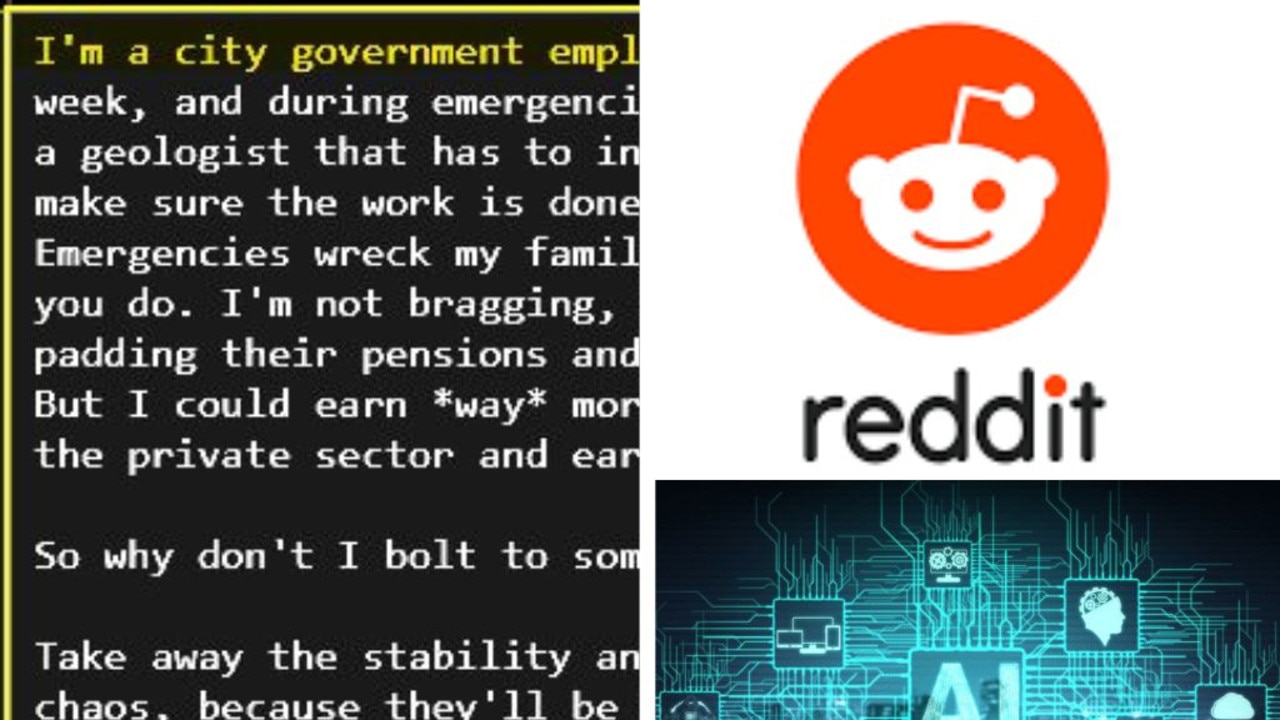Facebook, Instagram threaten to ban all news stories in Australia if it has to pay for the news it uses
Facebook has been attacked after warning it would ban news sharing in Australia and change users’ newsfeeds.

Facebook’s threat to ban news from its platform in Australia to avoid paying for journalism has been labelled “ill-timed and misconceived” by the competition watchdog.
The Australian Competition and Consumer Commission took aim today, saying it hoped “all parties will engage in constructive discussions”.
“The draft media bargaining code aims to ensure Australian news businesses, including independent, community and regional media, can get a seat at the table for fair negotiations with Facebook and Google,” ACCC chairman Rod Sims said in a statement.
“Facebook already pays some media for news content. The code simply aims to bring fairness and transparency to Facebook and Google’s relationships with Australian news media businesses.”
Earlier, it emerged Facebook and Google could be forced to pay hundreds of millions of dollars in penalties if they refuse to pay for news content they use in Australia.
Treasurer Josh Frydenberg said Australia did not respond to “coercion or heavy-handed threats” after the multibillion-dollar social network today issued a threat to remove all news content from its platforms in Australia rather than share some of its revenue with local news outlets.

“Australia makes laws that advance our national interest,” Mr Frydenberg said.
“We don’t respond to coercion or heavy-handed threats wherever they come from. Our reforms to digital platforms are world-leading and following a groundbreaking 18-month inquiry by the [Australian Competition and Consumer Commission].”
Mr Frydenberg said “substantial penalties” could ultimately stretch into hundreds of millions of dollars if they failed to adhere to the policy.
The fallout follows moves by the ACCC to force Facebook and Google to compensate Australian media outlets for the use of their content — a move that would set a worldwide precedent and one that Federal Treasurer Josh Frydenberg said would establish a “more level playing field”.
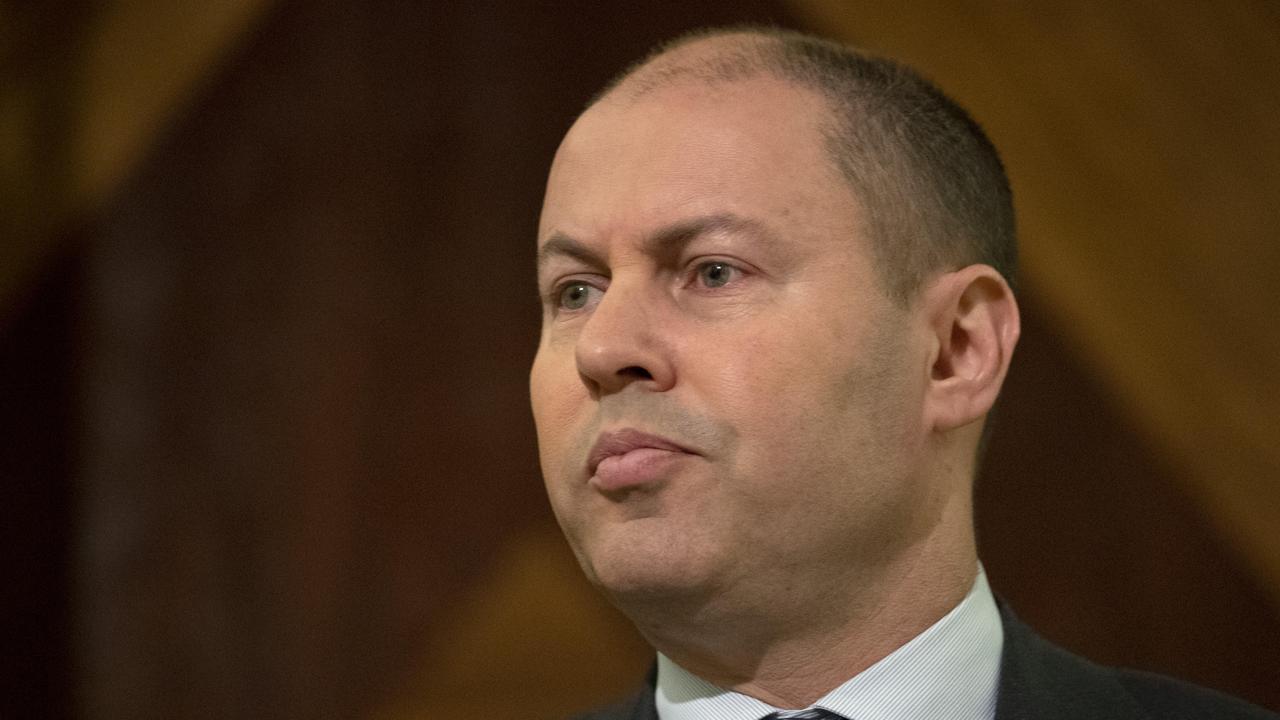
Instagram, which is part of Facebook, will also be part of the company’s proposed news ban.
Both Facebook and Instagram issued alerts to their users today saying from October 1, 2020, their Terms of Service would change to include: “We also can remove or restrict access to your content, services or information if we determine that doing so is reasonably necessary to avoid or mitigate adverse legal or regulatory impacts to Facebook.”
This step would allow Facebook and Instagram to remove their users’ content to avoid paying for news.
Facebook issued its news threat this morning, with Australia and New Zealand managing director Will Easton saying it would ban all news content from being seen by Australian users if the news code was introduced.
“Assuming this draft code becomes law, we will reluctantly stop allowing publishers and people in Australia from sharing local and international news on Facebook and Instagram,” he said in a statement.
“This is not our first choice — it is our last. But it is the only way to protect against an outcome that defies logic and will hurt, not help, the long-term vibrancy of Australia’s news and media sector.”
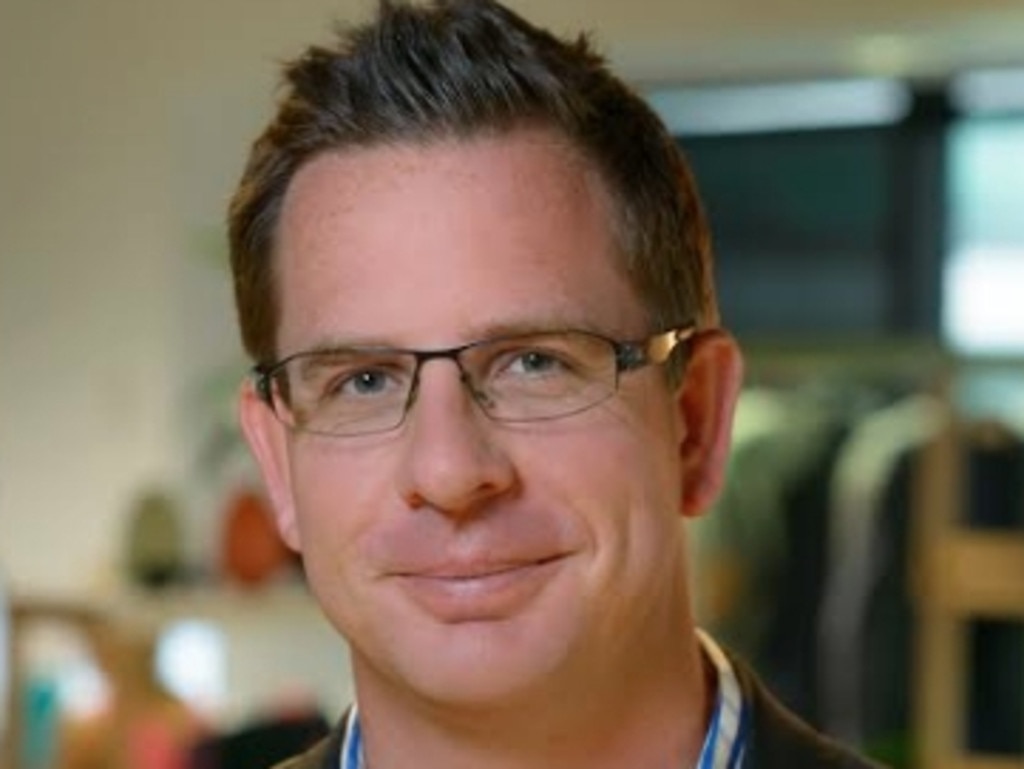
Mr Easton said Facebook objected most strongly to the “perplexing” argument that Facebook should “pay news organisations for content” while ignoring “the financial value we bring publishers”.
The multibillion-dollar tech giant also reiterated its earlier argument that news was not a big money-spinner for the platform.
“The ACCC presumes that Facebook benefits most in its relationship with publishers, when in fact the reverse is true,” he said.
“News represents a fraction of what people see in their News Feed and is not a significant source of revenue for us.”
The move follows an aggressive campaign by Google in Australia, which saw the trillion-dollar firm add warnings to its search page and pop-up messages on YouTube about the proposed law, claiming its free services would be put “at risk” in the country.
But ACCC chairman Rod Sims said the campaign contained “misinformation” as Google would not be required “to charge Australians for the use of its free services” under the draft law, or “share any additional user data”.
“The draft code will allow Australian news businesses to negotiate for fair payment for their journalists’ work that is included on Google services,” he said.
“This will address a significant bargaining power imbalance between Australian news media businesses and Google and Facebook.”
Swinburne University social media senior lecturer Dr Belinda Barnet said Facebook’s threat could have a “significant impact on their traffic in Australia” and was akin to “cutting off their nose to spite their face”.
“People will not be able to discuss what’s happening in the world and in their own country under this change,” she said.
“More importantly, this will impact Facebook’s own business.
“They have enormous reach in Australia for news — much more than any other platform — so they’re shutting down a sizeable chunk of their own business in terms of extracting data about users’ preferences and advertising revenue from that eyeball time.”
Dr Barnet said the move was Facebook’s “trump card” and a clear effort to avoid having to pay for the news it used both in Australia and other countries.
“Obviously, the stakes are high for Facebook,” she said.
“If Australia succeeds at getting Facebook to pay for news content, the global precedent will be set and other countries will look on.”
Australia’s draft news bargaining code laws followed an 18-month investigation by the ACCC into the impact of digital platforms on news and advertising in Australia.
While the code was initially designed to be voluntary, Mr Frydenberg made it mandatory earlier this year, saying the tech giants “weren’t making progress on that critical issue of payment for content”.
He said the news code was designed to create a level playing field between Australian publishers, both small and large, and multinational tech firms.
“It’s about a fair go for Australian news media businesses, it’s about ensuring that we have increased competition, increased consumer protection, and a sustainable media landscape,” Mr Frydenberg said.
“Nothing less than the future of the Australian media landscape is at stake with these changes.”
While countries including Spain, Germany and France have attempted to force tech giants to pay for news before, they have argued the case on copyright grounds.
By comparison, the ACCC made its case on the basis of competition and market dominance, arguing both Facebook and Google had become “unavoidable trading partners” for Australian media organisations even though they did not share revenue generated from using content created and funded by the publishers.
Submissions about the ACCC’s draft news bargaining code closed last Friday.
When a final code is passed into law, the two tech giants and news outlets — including Nine Entertainment, Seven West Media and News Corp — will have three months to negotiate over payment for news before entering a final arbitration process.
The news code could be in place by the end of the year.
Q&A: AUSSIE NEWS AND THE TECH GIANTS
Why does the ACCC say tech giants should pay for the news they use?
In a comprehensive, 18-month probe into digital platforms, Australia’s competition watchdog found Facebook and Google were “benefiting from a significant imbalance in bargaining power in their commercial negotiations with Australian news media businesses”.
Both companies had become “unavoidable trading partners” for Australian media organisations but did not share the revenue generated from using content created and funded by the publishers.
Why is the Australian Government taking this action?
The ACCC said that “news provides broad benefits to society beyond those individuals who consume it, but Australian news businesses risked being “undermined” by unfair commercial arrangements with online platforms and could be forced out of business.
Many Australian media outlets have already been forced to close during 2020, including 10 Daily, BuzzFeed Australia, eight magazines from Bauer Media, and 36 regional and community News Corp newspapers.
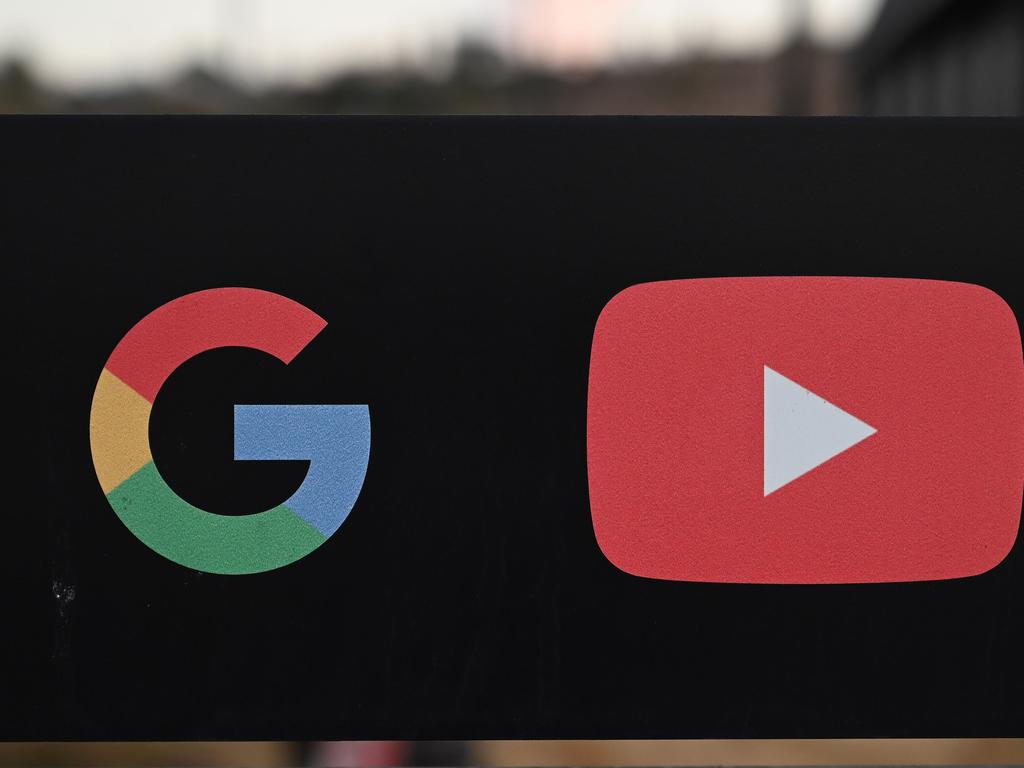
Who will pay for using news under this scheme?
The Digital Platforms Inquiry named Facebook and Google as the companies to pay for Australian news content, though said the scheme could be extended to other digital platforms in future as “digital platform and news media industries continue to evolve”.
How many people see news stories from Australian publishers on Facebook and Google?
The ACCC found 32 per cent of readers visited Australian news websites through Google, and 18 per cent visited via Facebook in the 2017-2018 financial year.
Google’s influence was more pronounced for print and online outlets (34 per cent), while Facebook played a bigger role for TV and radio broadcasters (20 and 55 per cent respectively).
What Australian news organisations could be paid for their work under this bargaining code?
The ACCC has included a broad range of businesses in the code, including print, online-only, TV and radio outlets.
This will include both commercial organisations such as Nine Entertainment, Seven West Media, and News Corp which could receive funds from Google. Government-funded organisations ABC and SBS will benefit from other parts of the scheme, including more information about algorithm changes.
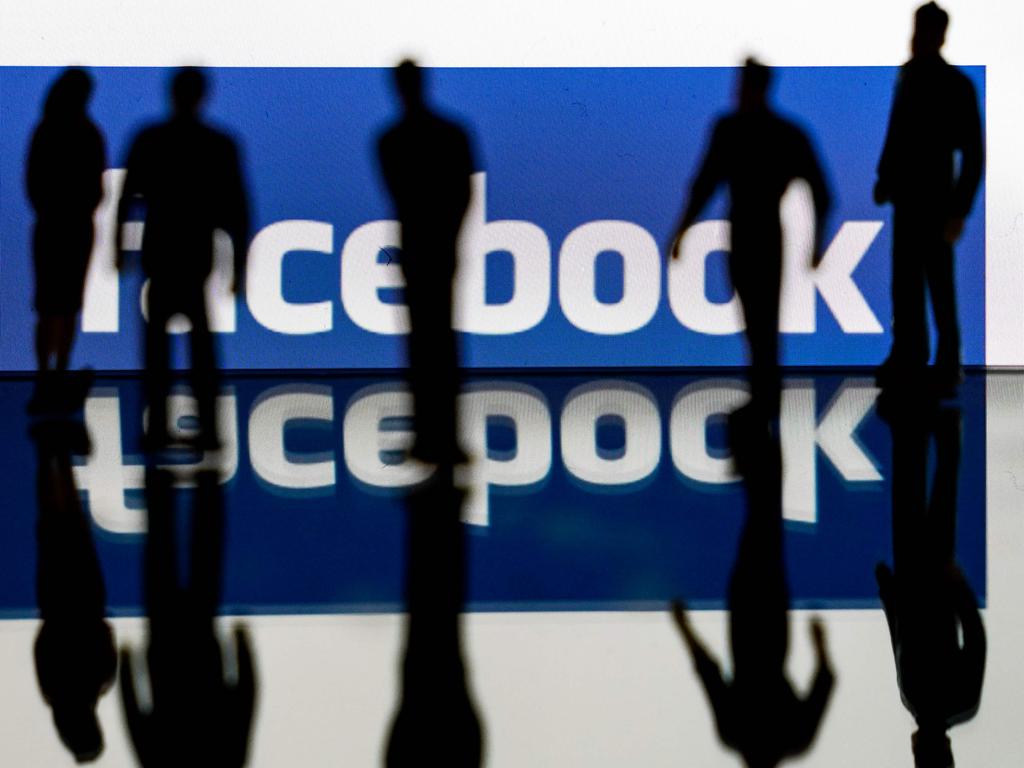
Do tech giants pay for news in other countries?
Not often.
Facebook has ardently rejected calls to pay for news stories published on its platform, though last year revealed plans to introduce a “news” tab to its service. It promised to pay about 200 US publishers for content under the scheme, which has yet to launch.
Google last month announced it was negotiating with a small group of publishers in Australia, Brazil and Germany to pay for premium news content. The move, one month before the ACCC’s announcement, was criticised as a way to avoid new laws.
In April, France’s competition watchdog ordered Google to negotiate with local publishers on ways to pay for their content.
And, in 2014, the Spanish government changed copyright laws to force Google to pay for the snippets of stories published on its platform. Google responded by removing Spanish outlets from its news sites worldwide.
What else would the news bargaining code do?
The ACCC says tech giants should also prioritise original news content on their platforms to reward publishers and ensure users have access to accurate information, give Australian news organisations advance notice of “significant algorithm changes” affecting their content, and provide some information about users who access their content.

